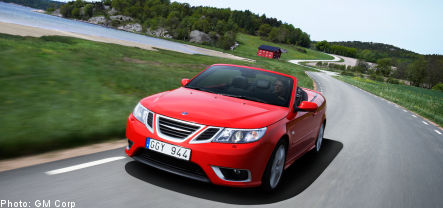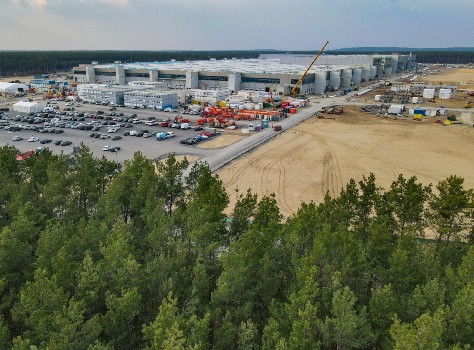Saab owner General Motors (GM) has not yet begun an official auction for the Swedish brand but expects to have preliminary financials for Saab ready in a few weeks, according to the people who were not authorized to discuss the sale process.
A senior Geely executive told Reuters in Shanghai that his company had not held any talks on the Saab brand and was not interested in pursuing foreign brands.
A spokesman from Dongfeng Motor, China’s third-largest automaker, said the company had not held internal discussions about a possible bid for Saab brand, adding he was unaware of any interest by his company in bidding for the brand.
But the sources close to the sale process said several parties have expressed an interest in the brand, and GM would like to pursue a quick first round of bids first soon after it has sent out the financial material to interested parties.
The timeline for the auction remains fluid as potential buyers deal with tight credit conditions and an unprecedented downturn in global auto sales, one of the people with knowledge of the talks said.
Private equity firms and representatives of retired Swedish workers have also expressed interest in Saab, the person said.
GM has received interest from about five potential bidders so far, the second person said.
Saab sought protection from creditors last month to survive the current economic downturn and buy time to find a new owner after GM decided to cut its ties with the brand.
After including the sale of Saab as part of its restructuring plan in December, GM last month said it would like the brand to become an independent business by 2010.
GM Chief Operating Officer Fritz Henderson said in Geneva on Tuesday that the automaker has already funded the development of two upcoming Saab models, the 9-5 and 9-4x.
But Henderson, who was speaking to reporters on the sidelines of the Geneva auto show, said GM was not willing to retool Saab’s Trollhättan plant in Sweden for 9-5 production.
Sweden’s government has previously offered to consider loan guarantees for Saab if the brand can find a new owner to underwrite its business plan.
GM bought 50 percent of Saab in 1990 for about $700 million. It paid $125 million and assumed debt for the remainder of the unit in 2000.
But with auto sales at record lows — Saab sales fell 35 percent in 2008 — any likely buyer is expected to take over the brand at a heavy discount.
Saab said it lost about $340 million in 2008 and projected a similar loss this year due to slack demand, an ageing vehicle line-up, overcapacity and high costs.
GM Vice Chairman Bob Lutz said in January that Saab had never made money for GM in the nearly two decades it has owned the brand.
“Frankly, they’ve been on GM life support,” he said then.



 Please whitelist us to continue reading.
Please whitelist us to continue reading.